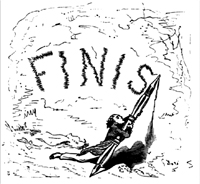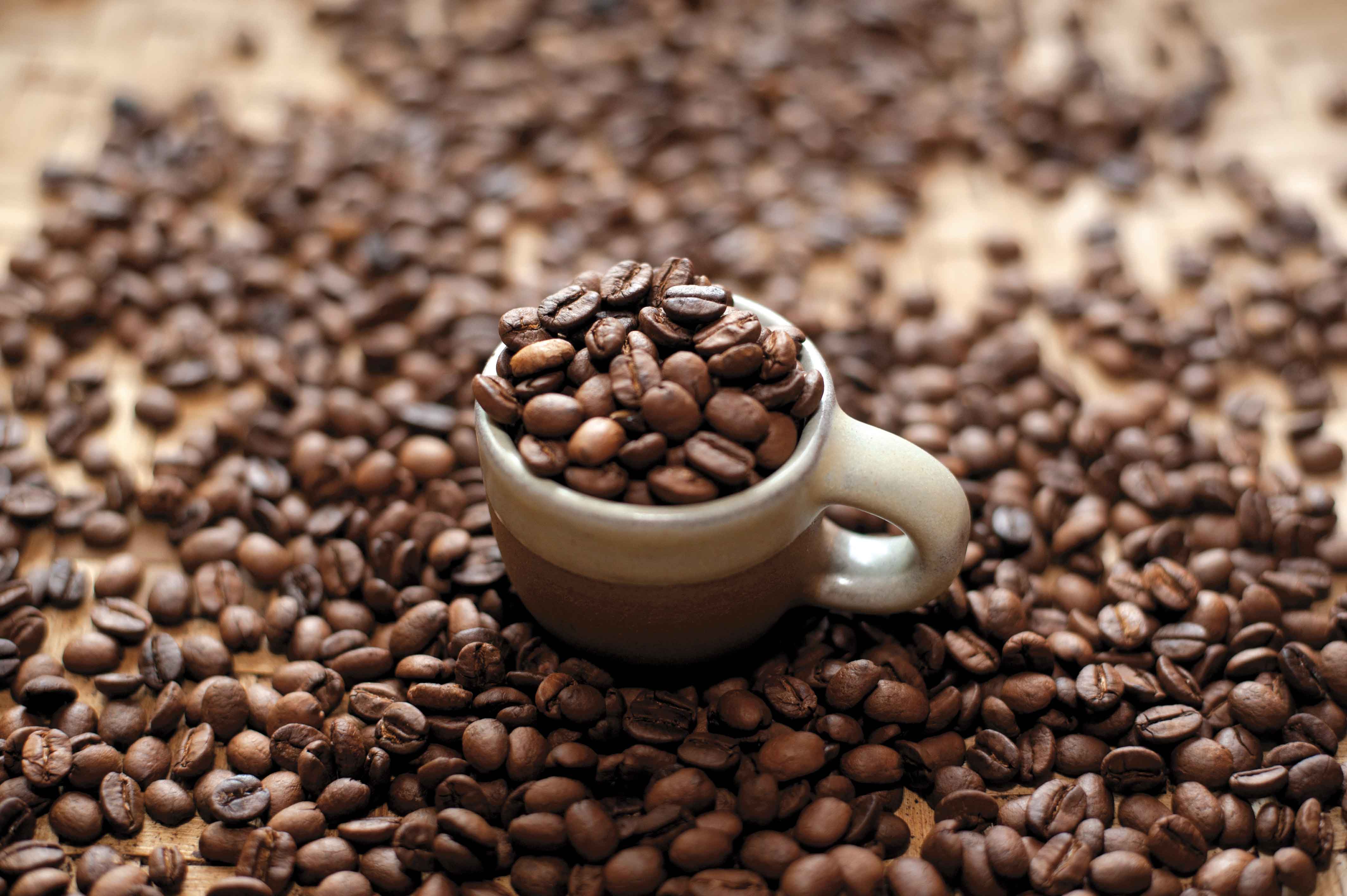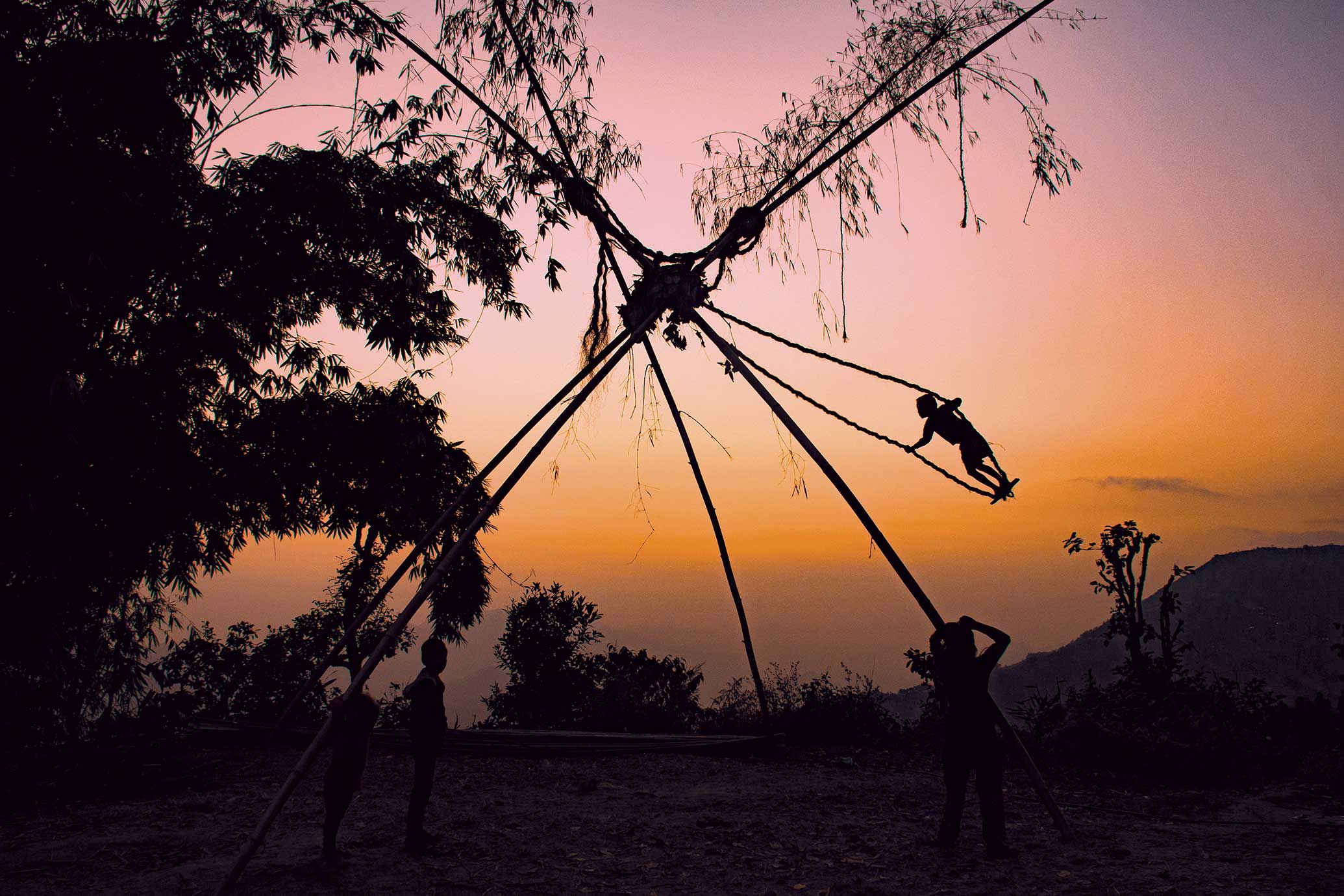“There are known knowns, there are thing we know we know. We also know there are known unknowns, that is to say we know there are some things we do not know. But there are also unknown unknowns, the ones we don’t know we don’t know.”
So said a former American Secretary of Defense (Donald Rumsfeld), in an infamous attempt to justify belief in mythical weapons of mass destruction in Iraq a decade or so ago. What a mish-mash of words. Did the unknowable unknowns unknowingly become known?
 There are also other knowns - words, in this instance - that we don’t want to know or ever hear spoken again. Some are undeniably overused words, abused to the point of wearisomeness. Three come to mind that I personally consider tiresomely worn out, so clichéd and hackneyed to have tainted their usefulness. And they have interesting counterparts in Nepali. To wit:
There are also other knowns - words, in this instance - that we don’t want to know or ever hear spoken again. Some are undeniably overused words, abused to the point of wearisomeness. Three come to mind that I personally consider tiresomely worn out, so clichéd and hackneyed to have tainted their usefulness. And they have interesting counterparts in Nepali. To wit:
‘Awesome!’ - gajjab; kya baat; dammi; khatra; also bhayaanak (as terrifying or fierce).
‘Amazing!’ - acambhit, acamma parne; adbhut.
‘Absolutely!’ - ekdam, ekdamai; pakka; purnataya; sorhai anna; and bilkul or bilkulai (from Hindi and ultimately Arabic).
Of these, the emphatic ‘ekdamai!’ is as overused and abused as any. Amazing! No doubt about it. Absolutely! I had a friend in Kathmandu who used it to excess, enthusiastically exclaiming “ekdam” or “ekdamai!” in Nepali, or ‘absolutely!’ in English, whenever I asked his opinion or made a request. We both agreed that absolutely/ekdamai are probably the most over-used exclamatories in either language.
There are also some amusing words in both languages. Catchy repetitive words. Words used for fun, in jest, as play. As a form of linguistic largesse. It’s human nature. Consider these:
‘Flim-flam’, meaning nonsense, foolishness, humbug; and to swindle or cheat.
‘Clap-trap’, which also means nonsense or foolishness. It’s derived from 18th century theater slang referring to a line in a play bald-facedly designed to elicit (‘trap’) applause (‘claps’) from the audience.
The Internet Word Detective (at word-detective.com) thinks it is notable “and weirdly inspiring” that some of the most colorful English words ultimately mean utter ‘nonsense’. Open your copy of Roget’s Thesaurus and look it up. ‘Nonsense’ has a mouthful of synonyms including babble, blather, blatherskite, gabble, gibberish, jabber, jabberwocky, twaddle, balderdash, bunkum, claptrap, drivel, piffle, poppycock, rigmarole, tommyrot, applesauce, baloney, bilge, hooey and malarkey.
There’s also ‘okey-dokey’ and ‘hunky-dory’, two slangish ways of saying sure, fine, okay, got it!... Each is slightly repetitious, with a witty change in the word after the dash. Linguists call this “reduplication.”
Many Nepali speakers fancy reduplications and rhyming wordplay. Consider ‘jhili-mili’ meaning glittery, flashy, twinkling, splendid; ‘rangi-changi’ meaning colorful, multi-colored; ‘hili-mili’, meaning unitedly or jointly; and ‘bistara-sistara’, where bistara means bedding, a bedroll. (The source of ‘bistara’ is Persian.)
Some Nepali words that have no easy counterparts in English are so useful that foreign speakers of Nepali have borrowed them into English. One that comes immediately to mind is the verb ‘milaunu’, from the noun ‘mil’, a joining or union (it’s related to ‘hili-mili’). ‘Milaunu’ means to meet, unite, join or mix, compare, reconcile, or agree upon. Many times I have heard Nepali-speaking American friends fit ‘milau’ (short for ‘milaunu’) into English with ease, using it in the sense of bringing people, things or ideas together. It’s how we ‘milau’ our thoughts.
There is actually an English word ‘mill’, as in ‘mill around’ or ‘mill about’, that slangishly suggests moving about together (though it also implies a bit of confusion). Synonyms include loiter, lollygag, hang around, tarry and linger. Except for the confusion aspect, English ‘mill’, to loiter (together) and Nepali ‘mil’ meaning join or union, appear related. Perhaps.
I am reasonably convinced, too, that English ‘guff’, meaning bunkum, hogwash, rot, drivel, bull (et cetera), comes from Hindi/Nepali ‘gaph’ meaning idle talk, gossip, chit-chat or tittle-tattle. Hindi ‘gaph’ morphed into English ‘guff’ (as in ‘That’s a lot of guff’), and was carried home by the Colonials.
Awesome! - all this tittle-tattle, that is.










